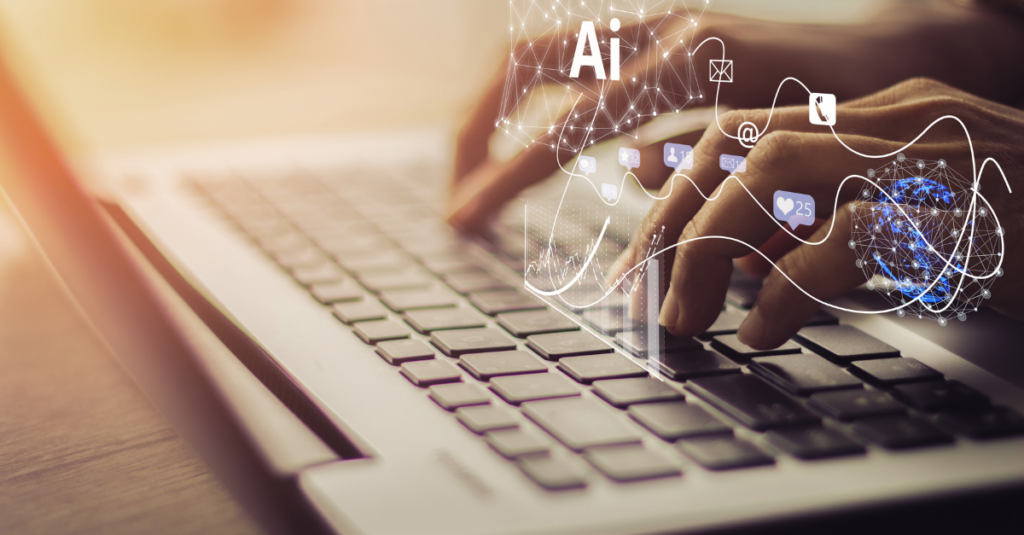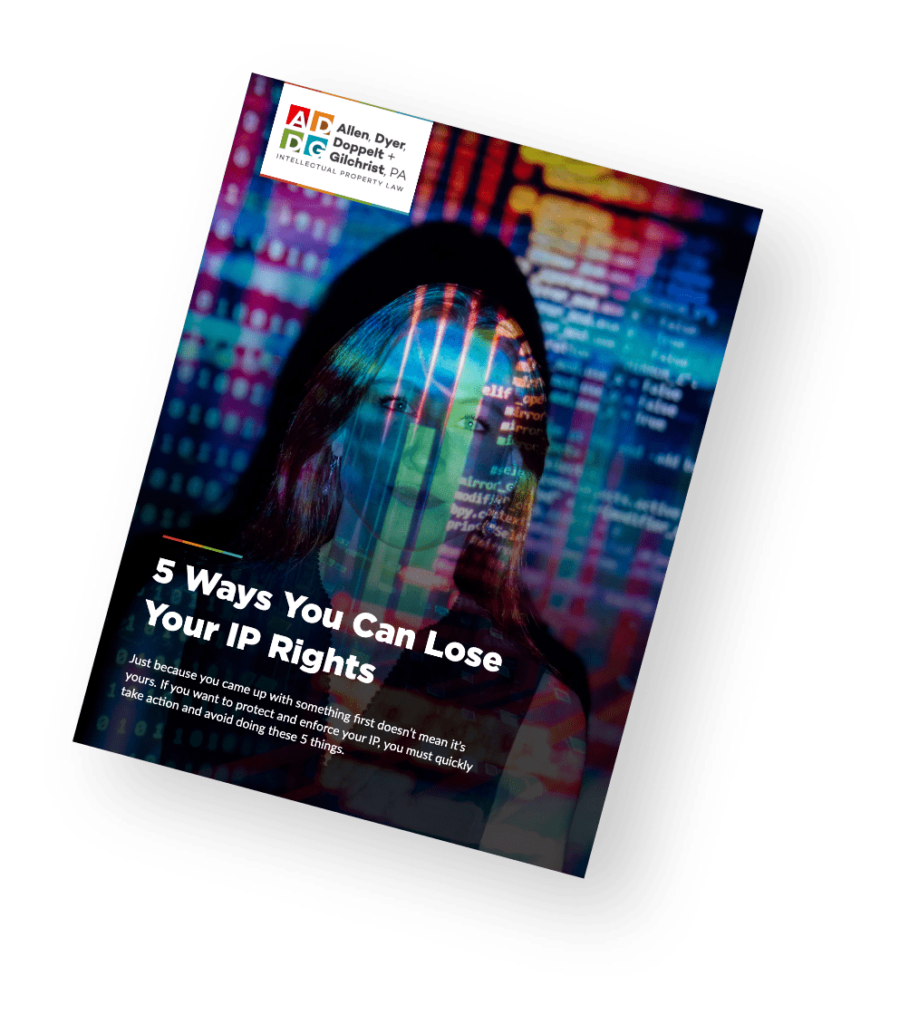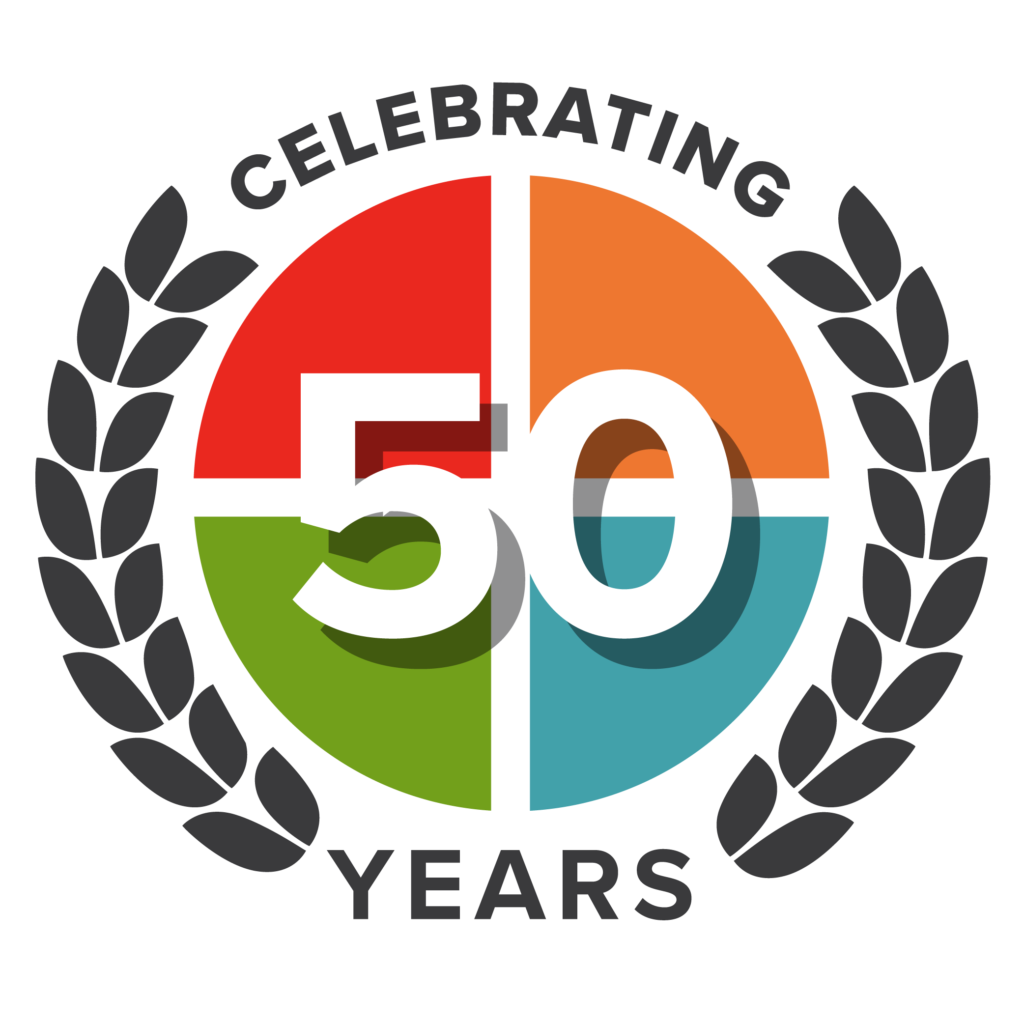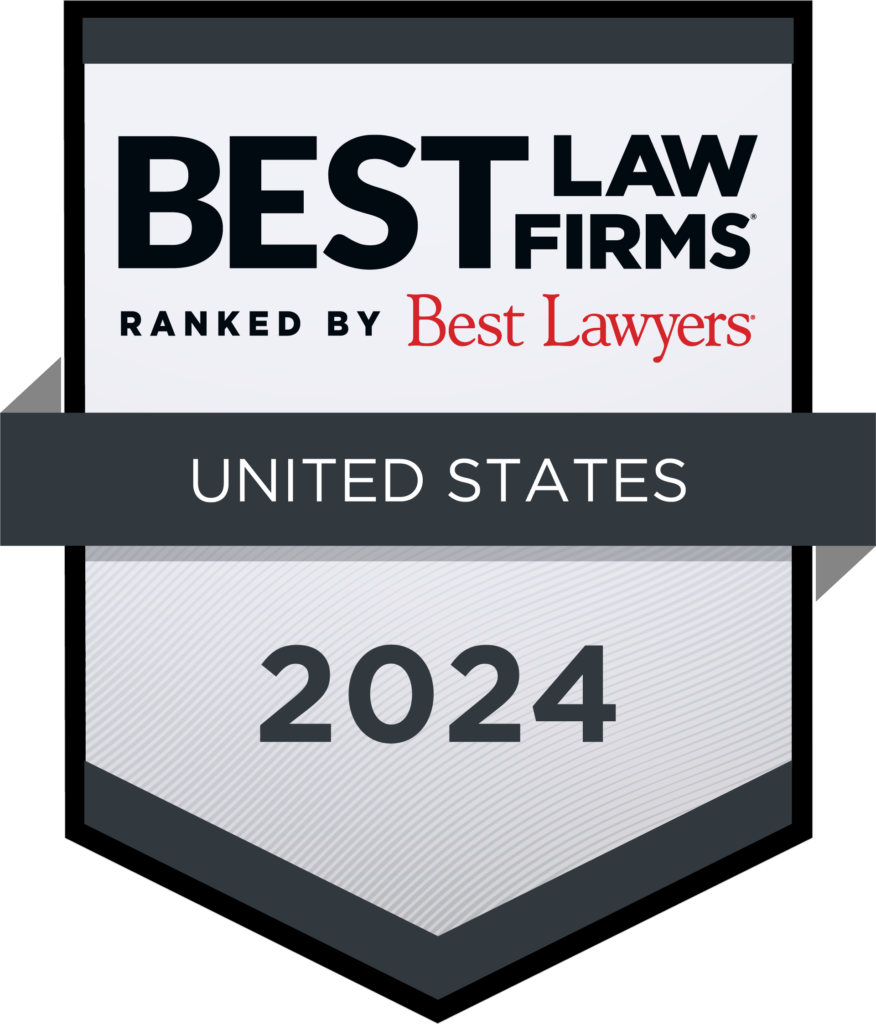Artificial intelligence (AI) has become a transformative force in multiple industries, revolutionizing the way we work, communicate, and even create. With its immense potential and capabilities, AI raises complex legal questions, particularly in the realm of intellectual property (IP) law. As AI technology advances, it gives rise to unique challenges and considerations when it comes to protecting and enforcing intellectual property rights.
AI and Its Applications
The advancements in AI have led to its wide-ranging applications across industries, including healthcare, finance, manufacturing, and creative fields. AI systems have the ability to analyze massive amounts of data, identify patterns, and make predictions with remarkable accuracy. Machine learning, a subset of AI, enables computers to learn from data and improve their performance without explicit programming. These capabilities have facilitated groundbreaking developments, such as personalized medical diagnoses, autonomous vehicles, and even the creation of artwork, music, and literature.

AI’s ability to generate creative works has sparked both excitement and concern. From paintings to poetry, AI algorithms can produce original pieces that rival human creations. However, this raises an essential question: can AI-generated works be protected under copyright or patent law?
Can You Copyright or Patent AI-Generated Work?
Copyright protects original creative expressions fixed in a tangible medium, such as books, paintings, or songs. The patent system safeguards inventions or processes that are novel, non-obvious, and useful. The distinction between copyrightable or patentable works and trade secrets is crucial when considering the protection of AI-generated outputs. Intellectual property law typically attributes authorship and ownership to human creators, but the involvement of AI systems is challenging these traditional notions.
In one notable recent case, a computer scientist named Dr. Steven Thaler filed an application with the United States Copyright Office (USCO) to register a two-dimensional artistic work generated by an AI system Thaler built. The USCO denied the application, stating that the work was created “without any creative contribution from a human actor.” Thaler subsequently sued in the U.S. District Court in Washington, D.C., affirmed the position of the ISCO last August, finding that “[h]uman authorship is a bedrock requirement of copyright. That decision is now on appeal before the D.C. Circuit.
Thaler has also filed two patent applications with the United States Patent and Trademark Office (USPTO) listing his AI as sole inventor. The USPTO has denied the applications, finding that the AI is not a “natural person” for the purposes of granting a patent. Thaler appealed to the Federal Circuit, which upheld the USPTO’s conclusion. He has since filed a petition with the U.S. Supreme Court for further review.
Both the Copyright Office and the Patent and Trademark Office have issued directives on how they will treat AI-related works.
Let’s take a closer look at some of the key provisions and differences between copyrightable and patentable protection.
Copyrightable Protection
In the context of AI generated works, the key consideration is the level of human involvement in the creative process. Copyright law requires a human author to exercise skill, judgment, and creativity in the creation of a work. This raises the question: can AI systems exhibit the necessary level of creativity to qualify for copyright protection?
Courts and legal authorities around the world have grappled with this issue. In some jurisdictions, such as the United States, the requirement for human authorship has been strictly interpreted. The USCO and the courts stated that works produced by machines or mere mechanical processes are not eligible for copyright protection. However, if a human contributor makes sufficient creative choices or interventions, the resulting work may be eligible for copyright registration.
Patentable Protection
When it comes to patent protection for AI-generated inventions, the criteria for patentability remain largely unchanged. The invention must be novel, non-obvious, and have industrial applicability. As AI systems can develop new and innovative solutions, they may meet the requirements for patent eligibility. However, it is important to note that merely implementing AI algorithms or using AI as a tool may not be sufficient for patentability. The invention must still meet the established standards of patent law.
Can I Sue For Infringement If Generative AI Uses My IP?
The rise of generative AI, which utilizes AI algorithms to create new and original works, has introduced another layer of complexity to the realm of IP law. If an AI system generates a work that incorporates elements of someone else’s protected intellectual property, can the original IP owner sue for infringement?
The answer to this question largely depends on factors such as the extent of the AI system’s training data, the level of human intervention, and the specific jurisdiction’s legal framework. In general, if an AI system infringes upon someone’s copyright or patent, the liability may fall on the entity that trained or deployed the system rather than the AI system itself.
To establish copyright infringement, it is necessary to demonstrate that AI-generated works reproduce substantial parts of original protected works. If this criterion is met, legal action can be pursued against the party responsible for training or utilizing the AI system. However, the absence of a clear legal framework addressing AI-generated works presents challenges in determining liability and enforcing intellectual property rights in these cases.
Speak With an Experienced IP Attorney
Given the intricate and evolving landscape of AI and IP law, consulting with an experienced intellectual property attorney is vital. They can provide valuable guidance on protecting your intellectual property rights in the realm of AI and navigate the complex legal challenges associated with AI-generated works. An IP attorney with expertise in AI can help assess the copyrightability or patentability of AI-generated works, advise on licensing strategies, and guide you through enforcement actions in cases of infringement.
If you have questions or concerns about the intersection of AI and IP law, don’t hesitate to contact us and schedule a consultation today!
About the Authors
Ava Doppelt is Board Certified by the Florida Bar in Intellectual Property Law. She manages trademark and copyright portfolios, and has substantial litigation experience in federal and state courts and administrative agencies, advising clients on trademark, publishing, entertainment, and licensing, franchising, and copyright matters.

Share This




